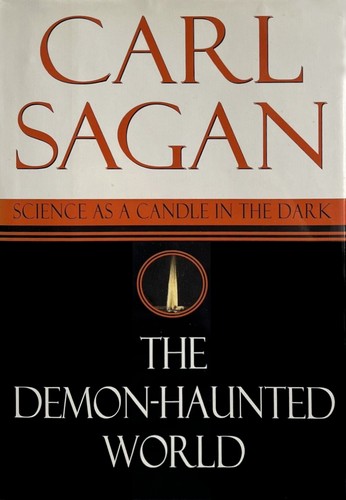Make Made Made
[B1] English Make Made Made explores the usage of the verbs make and made in common English contexts. Learn how to form and use make in various tenses, phrases, and constructions, and identify common errors.
Make verb
Make is a common verb meaning to create, produce, build, or cause something to happen. It is irregular in the past and past participle: make, made, made. Use it for results you create, decisions you cause, and things you prepare.
Which word is both the past simple and past participle of 'make'
Base form
Use make for present time with I, you, we, they, and after modal verbs like can, will, and must. It also appears after to in the infinitive: to make. The base form talks about habits, facts, and future meanings with helpers.
Past tense
Use made for finished actions in the past. It does not change by subject, so every subject uses made. It often appears with clear past-time words like yesterday, last week, or in 2020.
Which sentence correctly uses the past simple of 'make'?
Past participle
Made is also the past participle, used with helper verbs like have, has, had, and with passive voice forms like is made or was made. The past participle connects the action to another tense or structure. It is the form you need for perfect tenses and many passive statements.
Which form completes this present perfect sentence: She ___ (to have, present perfect) a mistake.
Conjugation
Make changes to makes only with he, she, it in the present simple. All other present forms stay make. Past simple and past participle are always made.
Subject | Form | Example |
|---|---|---|
Which present simple form is correct for he/she/it?
Perfect tenses
Use have made, has made, and had made to connect the action to a time frame or result. Present perfect focuses on life experience, recent results, or unfinished time periods. Past perfect shows one past action happening before another past action.
Subject | Form | Example |
|---|---|---|
Choose the correct present perfect sentence:
Passive voice
Use be made to focus on what is produced rather than who produces it. Present passive is is made or are made, and past passive is was made or were made. Add by plus the agent only when the doer is important.
Rule | Example |
|---|---|
Which sentence is passive and correct for a general fact?
Core meanings
Make often means create something new, prepare something, or cause a result. The meaning is usually clear from the object that follows make. Many everyday uses rely on fixed patterns like make a decision or make progress.
Word/Phrase | Definition | Example |
|---|---|---|
Which phrase means 'decide after thinking' using 'make' correctly?
Make patterns
Make is frequently followed by an object plus an adjective or noun to show a result. Object plus adjective describes a change in state, and object plus noun creates a role or label. These patterns are common in everyday speaking and writing.
Rule | Example |
|---|---|
Which sentence shows 'make' + object + adjective (change in state)?
Pronunciation
Make has a long vowel sound and a silent final e. Made rhymes with paid and has the same vowel sound as make. The third person form makes adds an s sound at the end.
Rule | Description | Notation | Example |
|---|---|---|---|

















